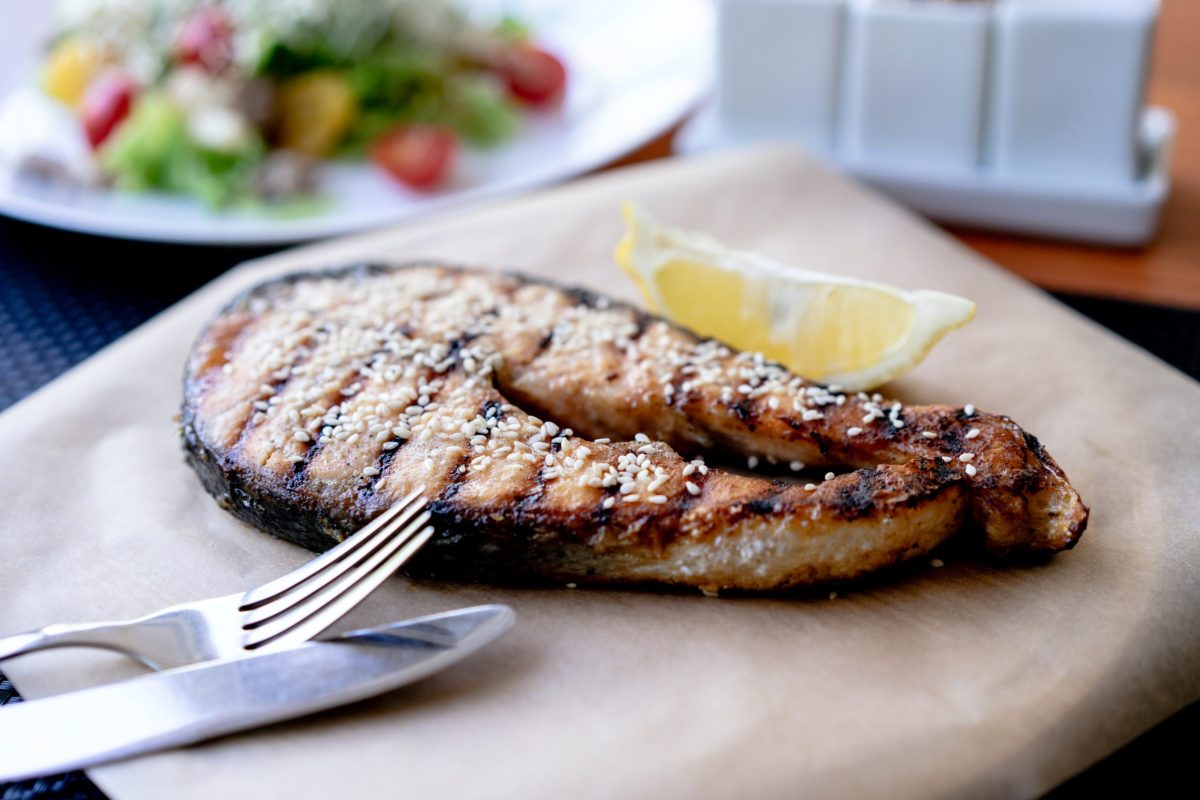Creating a perfect diet isn’t about eliminating all the “bad” foods and only eating rabbit food. It’s about finding the right balance of healthy and delicious foods that will nourish your mind, body, and soul. And among the key components of a healthy diet is vitamins and minerals.
Vitamins and minerals are essential nutrients that our bodies need to function correctly. They play an important role in many bodily processes, including metabolism, immunity, brain function, and more. While we can get some vitamins and minerals from our food, it’s often not enough. That’s why many people choose to supplement their diet with a daily multivitamin.
But with so many vitamins and minerals out there, it can be hard to know which ones you should be taking. That’s why we’ve compiled a list of essential vitamins and minerals for a healthy mind, body, and soul.
Vitamin D
You probably know that Vitamin D is important for strong bones, but did you know that this essential nutrient also plays a role in immune function, cell growth, and reducing inflammation?
Vitamin D can be found in a few different foods, including fatty fish like salmon and tuna, as well as beef liver and egg yolks. You can also get Vitamin D from fortified foods like milk, orange juice, and cereals. And, of course, don’t forget about the best source of Vitamin D, which is sunshine. Spending a few minutes outside each day can help your body produce this important nutrient. So make sure to include these Vitamin D-rich foods in your diet and get out in the sun for a healthy dose of this essential nutrient.
Omega-3 Fatty Acids
Omega-3 fatty acids are another essential nutrient many people don’t get enough of. Omega-3s are important for brain health, heart health, and inflammation. They can also help improve your mood and reduce anxiety.

You can find omega-3s in fatty fish like salmon, mackerel, tuna, sardines, herring, and anchovies. You can also get omega-3s from plants like flaxseeds, chia seeds, walnuts, hemp seeds, and soybeans. If you don’t eat fish or plant sources of omega-3s regularly, you might want to consider taking a supplement.
Magnesium
Magnesium is a mineral responsible for hundreds of biochemical reactions in the body. It’s involved in energy production, muscle function, blood sugar control issues, and more. Magnesium is also known as “nature’s tranquilizer” because it can help relieve anxiety, insomnia, and migraines.
Most people don’t get enough magnesium in their diets. Eating magnesium-rich foods like dark chocolate, avocados, nuts, seeds, beans, leafy green vegetables, fish, and whole grains is the best way to increase your magnesium levels. You can also take magnesium supplements.
Probiotics
You may have heard of probiotics, but you may not know exactly what they are. Probiotics are live bacteria and yeast that are good for your gut health. These helpful microbes can improve your digestion, boost your immune system, and even help to reduce cholesterol levels.
But where can you find probiotics? Look no further than your kitchen! Many common foods contain probiotics, including yogurt, miso soup, sauerkraut, and kimchi. So next time you’re at the grocery store, pick up some of these Probiotic-rich foods to keep your gut healthy and happy.
Vitamin C
Vitamin C is an essential nutrient for many reasons. It helps boost immunity, promotes collagen production, and heals wounds. Vitamin C is also an antioxidant that helps protect cells from damage caused by free radicals. Most people don’t get enough vitamin C in their diets because it’s found primarily in fruits and vegetables.
The best way to increase your vitamin C levels is by eating foods like oranges, grapefruit s, broccoli, kale, spinach, tomatoes, sweet potatoes, bell peppers, strawberries, papaya, kiwi cantaloupe, mangoes, and peas. You can also take vitamin C supplements.
Phosphorus
You may not realize it, but phosphorus is essential for healthy teeth. This mineral helps to strengthen tooth enamel, making it more resistant to decay. It also plays a role in the formation of new teeth. Without enough phosphorus, your teeth may become weak and brittle, increasing your risk of tooth loss. In addition, a lack of phosphorus can lead to gum disease, which can also contribute to tooth loss.
To ensure you’re getting enough phosphorus, eat meat, poultry, fish, eggs, dairy products, and nuts. You can also get phosphorus from some dark leafy green vegetables, such as spinach and kale. If you’re looking to increase your intake of phosphorus, consider adding some of these foods to your diet.
However, if you’ve been lacking phosphorus in your diet for some time now, you might have already had tooth loss. Luckily, even if the damage has been done, you can save it by getting a replacement tooth, also known as a dental implant. It’s a small titanium screw that is placed in the jawbone to act as a replacement for the root of a tooth. The titanium screw fuses with the jawbone, providing a strong and sturdy foundation for the replacement tooth. The replacement tooth is then attached to the titanium screw, giving you a natural-looking and functioning tooth.
Once you have your dental implants, you can go back to eating phosphorus-packed foods because you’ve learned your lesson.
Remember that Vitamin D, Omega-3 fatty acids, Magnesium, Probiotics, Vitamin C, and Phosphorus are the essential vitamins and minerals that everyone needs for a healthy mind, body, and soul. If you’re looking to create the perfect diet, make sure you’re getting enough of these vital nutrients by including them in your meals or taking supplements.